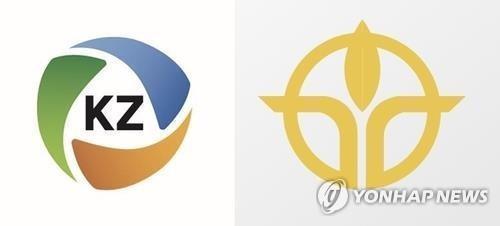

In a significant development regarding the ongoing takeover bid for Korea Zinc Co., U.S. Representative Eric Swalwell (D-CA) has voiced concerns about MBK Partners Ltd.'s acquisition attempt, particularly in light of supply chain issues related to critical minerals. Swalwell's apprehensions were articulated in a letter to Jose Fernandez, emphasizing the potential risks of increased influence from the People's Republic of China (PRC) should MBK succeed in its bid [7dfa5691].
The backdrop of this situation includes a tender offer initiated by MBK and Young Poong Corp. on September 13, 2024, which has raised eyebrows among U.S. lawmakers and industry stakeholders. Young Poong currently controls approximately 40.97% of Korea Zinc, while Chairman Choi Yun-beom and related parties hold about 34% of the shares. This ownership structure is critical as the company navigates external pressures and potential governance changes [7dfa5691].
In response to the takeover threat, Korea Zinc has taken proactive measures, including a stock buyback supported by Bain Capital, which allowed Chairman Choi and Bain to secure an additional 11% stake in the company. This buyback was a strategic move to bolster their position against the takeover bid, which has been characterized as aggressive [6c88e55a][7dfa5691].
Looking ahead, a shareholders' meeting is scheduled for January 23, 2025, where crucial decisions regarding new board members will be made. The Korean National Pension Service's stake of 7.6% is expected to play a pivotal role in the outcome of the vote, further complicating the dynamics of the takeover bid [7dfa5691].
This situation reflects broader concerns about corporate governance and national security, as the implications of foreign ownership in critical industries continue to be scrutinized amid global supply chain vulnerabilities [7dfa5691].